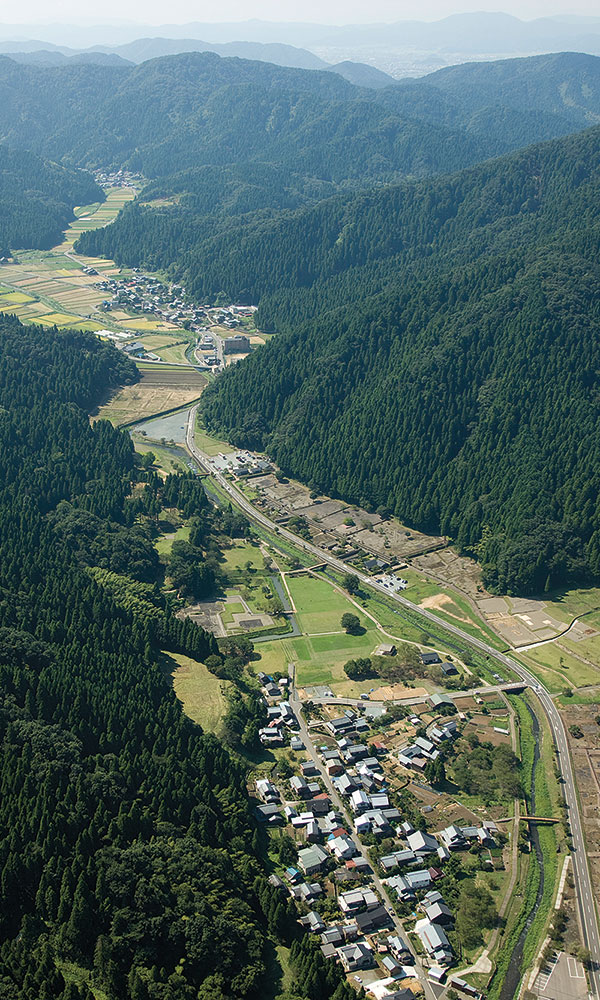DUBLIN, IRELAND—A recent investigation by University College Dublin archaeologist Conor Trainor posits that ceramic beehives found at the site of Knossos may be evidence that merchants on the island of Crete sold counterfeit products to their Roman clientele, The Conversation reports. Crete specialized in the production of a particular raisin wine sometimes known as passum. Drying out grapes before fermentation and making wine from raisins produces a sweeter vintage that was popular across the ancient Mediterranean world, especially with the Romans. However, this process requires time and patience, two things that Roman consumers may not have had. Trainor believes that there may have been a duplicitous reason behind the presence of beehives found at a wine-producing site in Knossos. To keep up with demand, winemakers may have been mixing honey with their wine to artificially sweeten it, a much swifter and less expensive option than having to wait months for grapes to dry out. Given the large volume of empty Cretan wine amphoras found in Rome, however, this did not seem to spoil the city’s thirst for the island specialty. To read about more archaeological finds on the island, go to "Cretan Antiquing."
Did Cretan Winemakers Scam Their Roman Customers?
News June 13, 2025
Recommended Articles
Digs & Discoveries November/December 2025
Fossil Force
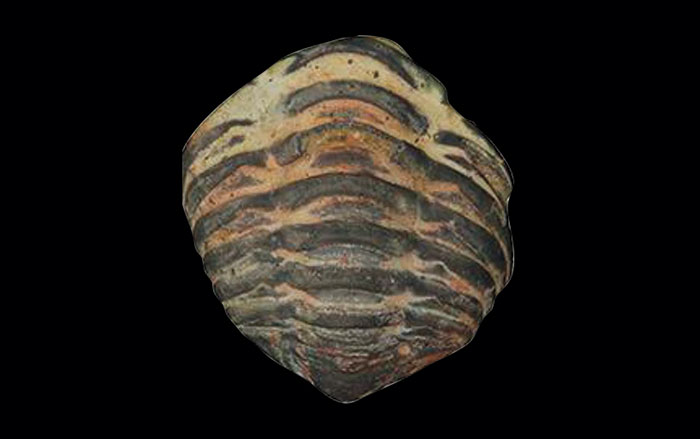
Letter from the Levant March/April 2025
On the Origin of the Pork Taboo
Exploring ancient people’s shifting beliefs about rearing and eating pigs
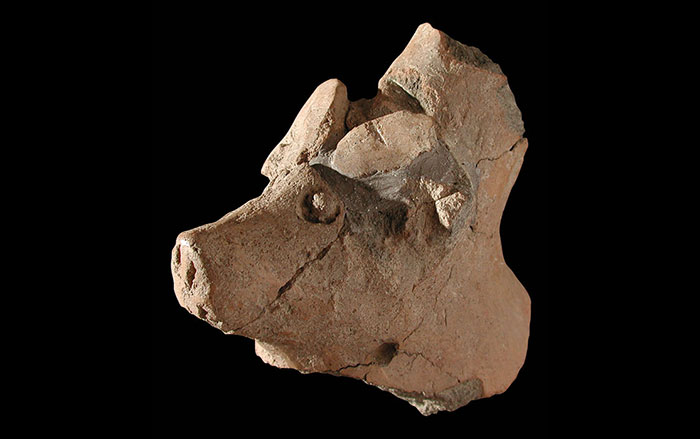
Digs & Discoveries November/December 2024
Imperial Garden Showdown


-
Features May/June 2025
A Passion for Fruit
Exploring the surprisingly rich archaeological record of berries, melons…and more
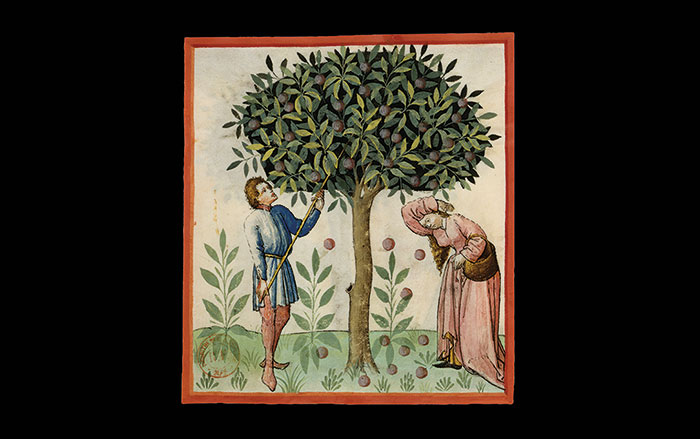 © BnF, Dist. RMN-Grand Palais/Art Resource, NY
© BnF, Dist. RMN-Grand Palais/Art Resource, NY -
Features May/June 2025
Goddess at the Crossroads
Why a city put its trust in a Greek deity feared throughout the Mediterranean world
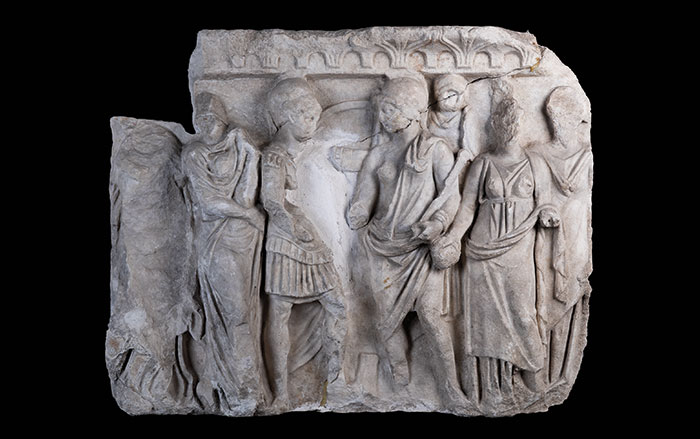 Istanbul Archaeology Museums
Istanbul Archaeology Museums -
Features May/June 2025
Desert Paradise Found
How a tiny, water-rich kingdom came to dominate vital trade routes in the Arabian Gulf 4,000 years ago
 Courtesy BACA/Moesgaard Museum
Courtesy BACA/Moesgaard Museum -
Features May/June 2025
Peru’s Timeless Threads
More than 1,000 years ago, master weavers kept the ancient traditions of the Moche culture alive
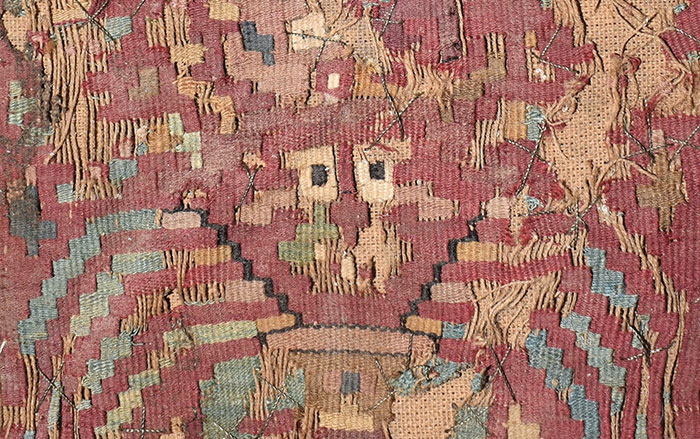 Jeffrey Quilter
Jeffrey Quilter



